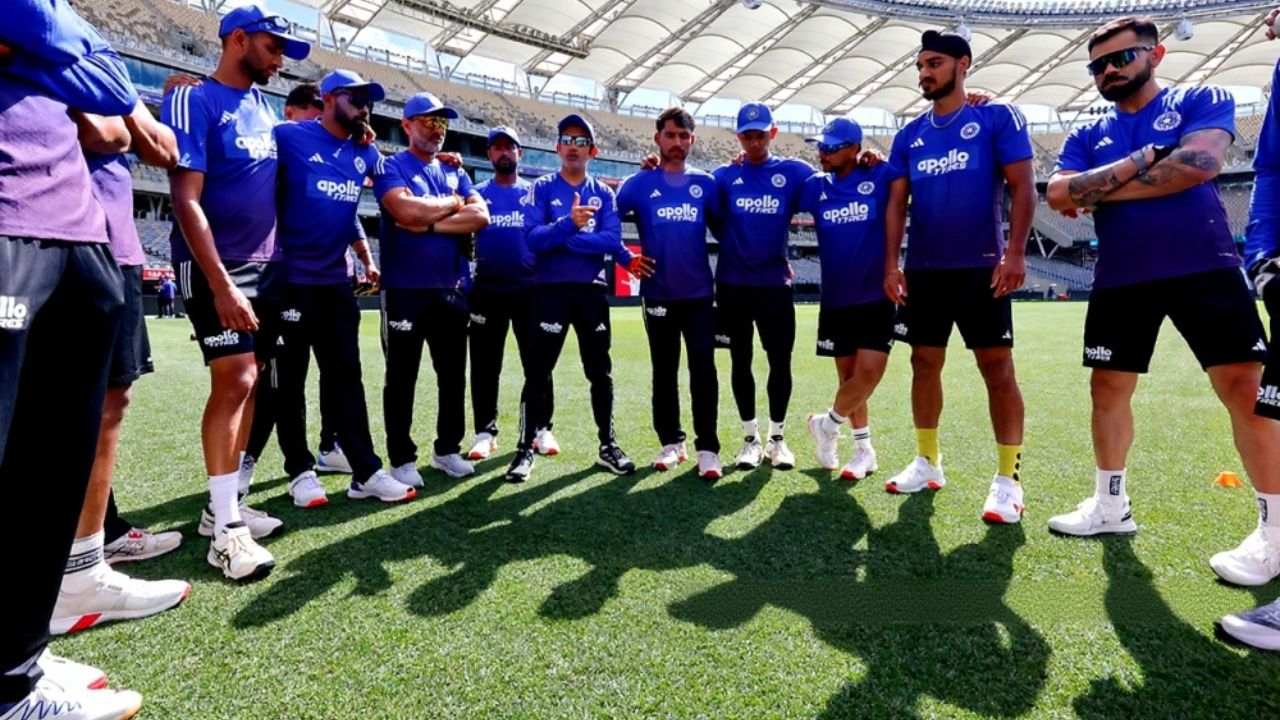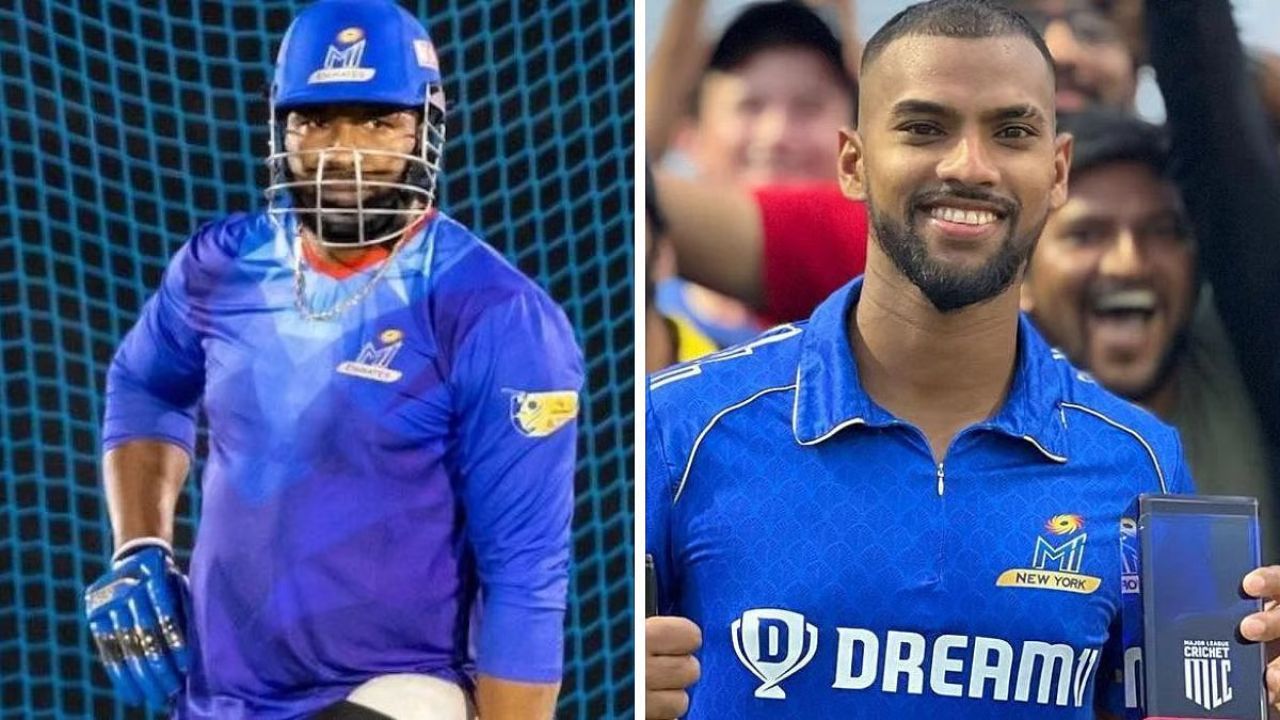Ball-Tampering Could Become Legal In The Post Corona World: Report
Published - 24 Apr 2020, 07:48 PM | Updated - 23 Aug 2024, 12:05 AM

Ball-tampering has been one of the most contentious issues in world cricket over the past two decades. But with the proliferation of the global pandemic that is the coronavirus causing havoc in the world of cricket, the game could undergo some significant changes once cricket resumes in the post-corona world. And, the onset of coronavirus could force Cricket administrators to legalize one the game’s biggest taboo- ball-tampering.

Ba Tampering caused a major furore two years ago when the Australian cricket team resorted to the use of sandpaper to shine the ball during the Cape Town Test against South Africa. In the wake of the ball-tampering scandal, the then Australian skipper Steven Smith and vice-captain David Warner were handed a one-year suspension while Cameron Bancroft was banned for nine months amidst public humiliation.
The International Cricket Council recently held a meeting on April 23 where a wide range of issues was discussed including the legalization of using artificial substances- basically ball-tampering- to shine the ball instead of using saliva, under the supervision of the on-field umpires.
According to a report published in ESPNCricinfo, the administrators are “open to the option of allowing for the use of an agreed artificial substance to polish the ball under the supervision of the umpires”
Also Read: David Warner Reacts After Sunrisers Hyderabad Pledge Rs 10 Crore Towards Coronavirus Relief Fund
Ball-tampering legal after cricket resumes post Coronavirus?
The development concerning the legalization of ball-tampering comes after questions were raised on the threat posed by the usage of saliva- the normal practice to shine the ball for reverse-swing- in the post-Corona world.
Following the meeting of ICC chief executives, its medical committee-headed by Peter Harcourt issues an update that read-
“Our next step is to create a roadmap for the resumption of international cricket which will include criteria for decision making and a checklist for what needs to happen,” Harcourt was quoted as saying by India Today.
The update added: “This will consider everything from player preparation to government restrictions and advisories and bio-bubbles. The scale and complexity of getting cricket started again cannot be underestimated particularly with respect to a global event,”

Recently, Australian fast bowler Josh Hazlewood had said that the ban of using saliva would be detrimental to the balance between bat and ball in Test cricket as batting would become significantly easy after the initial shine goes off the ball.
“I think the white ball would be fine, (but) Test cricket would be very hard. Bowlers rely on any sort of sideways movement in the air. If you didn’t maintain the ball at all for 80 overs it would be quite easy to bat after that initial shine has gone. Whether you use saliva or sweat, maybe one person can do it,” said Hazlewood.
The two major bodies which are likely to discuss the legalization of ball-tampering before cricket returns are the ICC Cricket Committee and the MCC’s world cricket committee in June via video conference.
Tagged:
Josh Hazlewood












